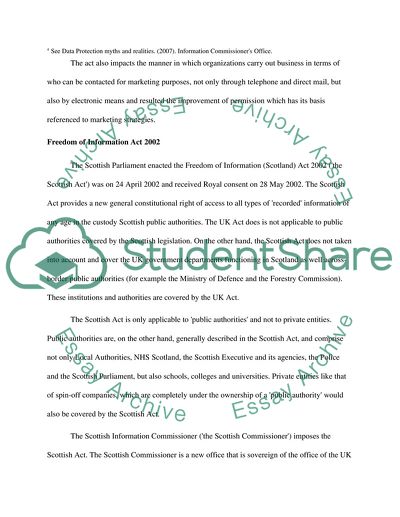Cite this document
(Data Protection Act Essay Example | Topics and Well Written Essays - 1250 words, n.d.)
Data Protection Act Essay Example | Topics and Well Written Essays - 1250 words. https://studentshare.org/law/1550102-introductory-business-law
Data Protection Act Essay Example | Topics and Well Written Essays - 1250 words. https://studentshare.org/law/1550102-introductory-business-law
(Data Protection Act Essay Example | Topics and Well Written Essays - 1250 Words)
Data Protection Act Essay Example | Topics and Well Written Essays - 1250 Words. https://studentshare.org/law/1550102-introductory-business-law.
Data Protection Act Essay Example | Topics and Well Written Essays - 1250 Words. https://studentshare.org/law/1550102-introductory-business-law.
“Data Protection Act Essay Example | Topics and Well Written Essays - 1250 Words”. https://studentshare.org/law/1550102-introductory-business-law.


